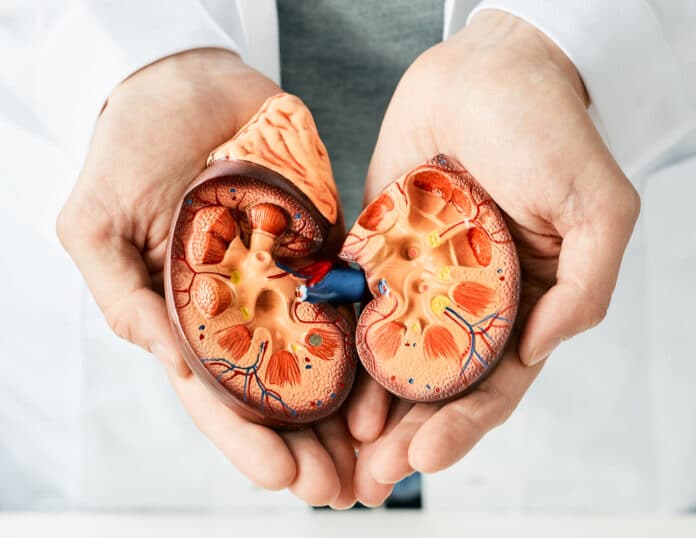
When dealing with kidney disease, there are two main treatment options; a kidney transplant or dialysis. However, studies have shown that doctors prefer transplants over dialysis in most cases. In this article, we will cover why the former is the ideal choice recommended by medical practitioners.
Why Do Doctors Prefer Transplants?
One critical reason doctors choose transplants over dialysis is that individuals who get transplants generally live longer. For instance, a 30-year-old adult on dialysis might live another 15 years. With transplants, that number rises to 30-40 years.
Additionally, people who get transplants also tend to have:
● Fewer limits on their diet
● Less long-term health problems from the transplant than people have with dialysis
● Better quality of life as they don’t spend hours each week getting dialysis
Why Are More People Still Choosing Dialysis?
Unfortunately, there are more people in need of kidneys than there are donors. As such, many people go on dialysis because they need to, as they have no other choice while on a waiting list for a donor’s kidney.
Furthermore, some individuals might also be too old or have multiple health issues, making it difficult to get a kidney transplant.
Who Shouldn’t Get A Transplant?
Kidney transplants can be done by anyone, ranging from children to older adults. However, not everyone is healthy enough for one. If your loved one has any of these conditions, they might not get a kidney transplant:
● Illness that limits their life to a few years
● Active or recently treated cancer
● Infection that can’t be treated or keeps returning
● Very overweight
The following issues could also prevent a transplant:
● Drug or alcohol abuse
● Dementia
● Mental health problems that aren’t easily managed.
What Are The Risks Of A Kidney Transplant?
The potential risks associated with kidney transplants include:
Kidney Rejection
There’s a possibility that the body will reject the donated kidney. Your loved one will need medication for the rest of their life to prevent this from happening, and newer drugs significantly reduce the odds of it.
Surgery
As with any surgery, kidney transplants come with risks such as infection and bleeding. That said, they still offer a longer and higher-quality life than dialysis. Additionally, most people spend just 3-4 nights in the hospital after a transplant and don’t have significant problems with the surgery.
Conclusion
Kidney transplants offer a better life quality and can help you live longer. If you or your loved one needs to undergo the procedure, contact your doctor on how to get started.


















